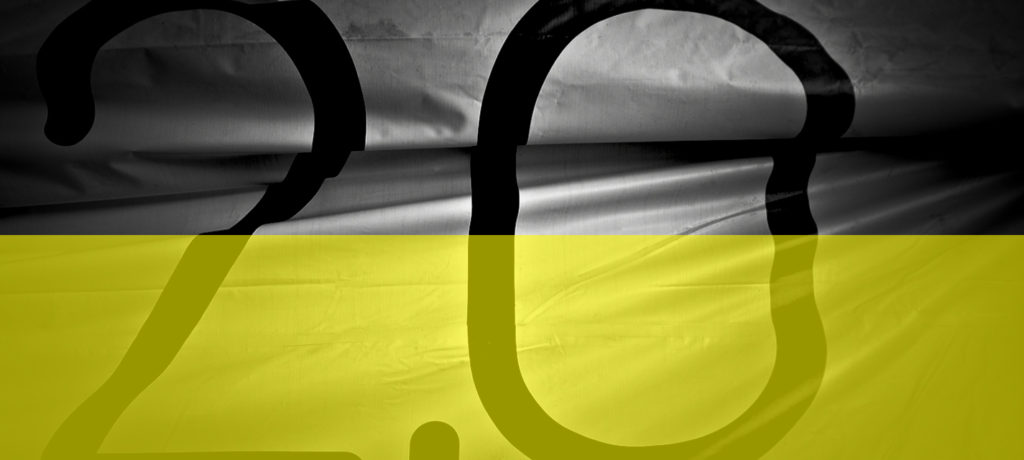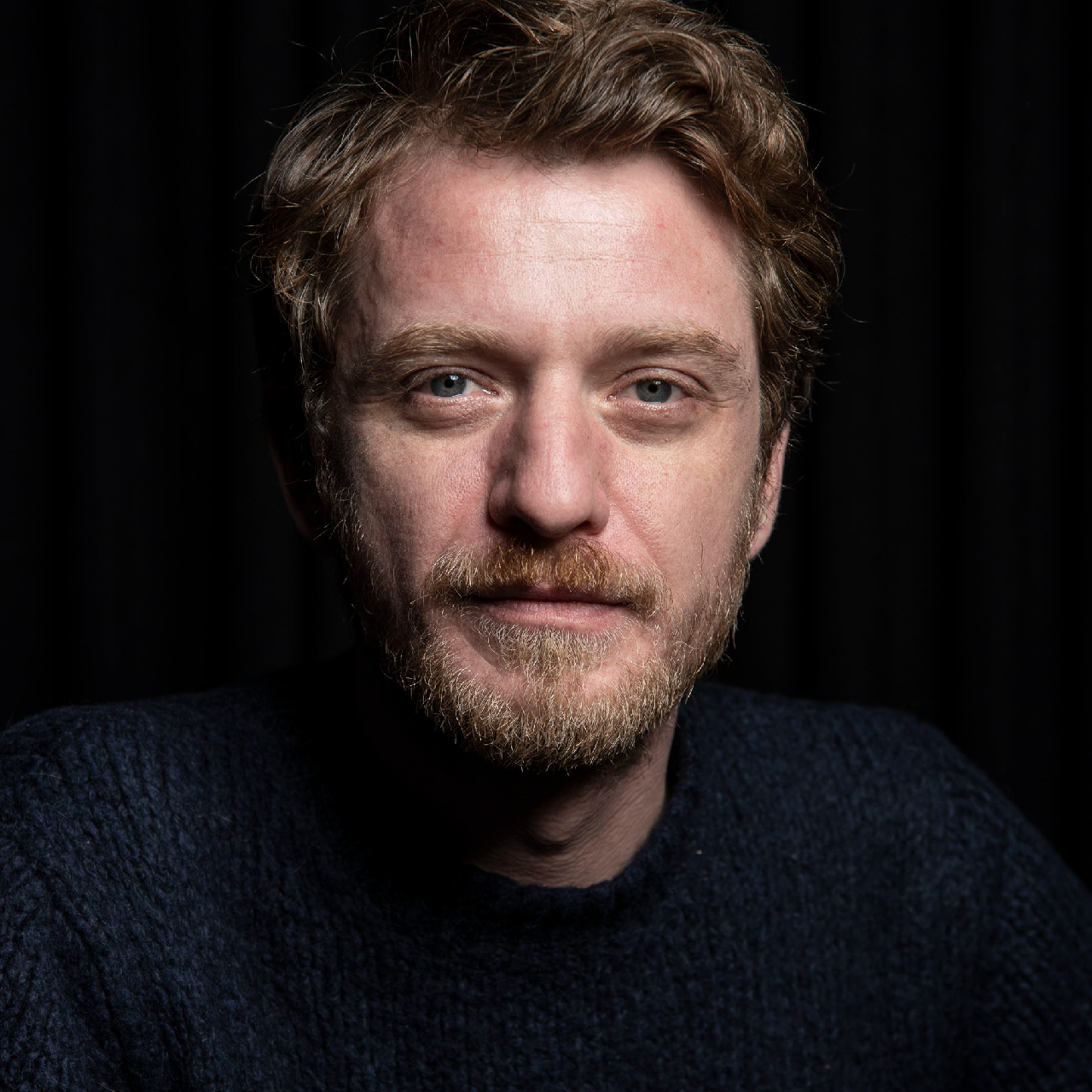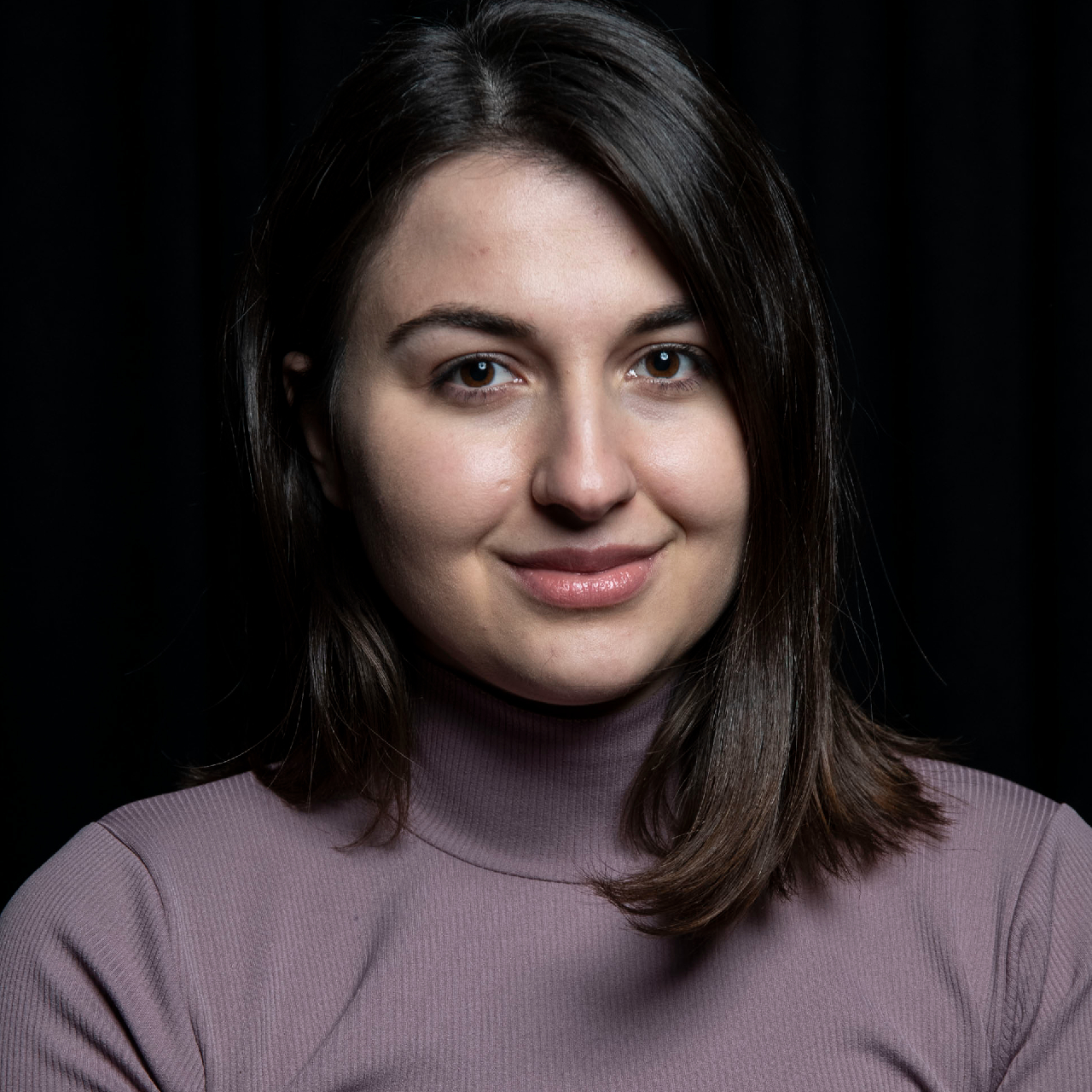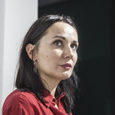
What we do
Staff
-

Besa Luci
-

Gentiana Paçarizi
-

Arian Lumezi
-

Dafina Halili
-

Uran Haxha
-

Atdhe Mulla
-

Majlinda Hoxha
-

Dina Hajrullahu
-

Agon Dana
-

Qendresa Kastrati
-

Gentiana Sylejmani
-

Gentiana Buçaj
-

Petrit Augustini
-

Dion Krasniqi
-

Erleta Morina
-

Liridona Gashi
-

Reita Demi
-

Tomislav Perušić
Board

Linda Gusia

Alban Muja

Cristina Marí

Valerie Hopkins

Ibrahim Nehme
Work with K2.0
Writing for K2.0
We are always looking for new voices at K2.0. We collaborate frequently with external authors, photographers and other creatives. If you want to work with us, pitch us a story.
As a regional magazine, we look for stories that offer a deeper understanding of the salient topics affecting Kosovo, the Balkans and beyond. Our mainstays are politics, social justice, human rights, culture and the arts, but we are always open to fresh angles and new topics.
We are a trilingual magazine that accepts submissions in Albanian, Serbian and English and our translators work with every article to publish each piece in all three languages. While our core focus is Kosovo, we also love stories related to Albania, the countries of former Yugoslavia (North Macedonia, Serbia, Bosnia and Herzegovina, Montenegro, Croatia and Slovenia), and the diasporas of these countries.
How to pitch
The best pitches make us excited to publish your article. Excite us.
Your pitch should answer these questions in a clear and succinct manner: What’s the story? What’s the narrative hook? Who are the characters? Why does the story need to be told now? Why are you the right person to tell it?
Your pitch should tell us this information in a captivating and elegant manner that convinces us you are a strong story-teller who can craft a compelling narrative.
We also want to see that you have read K2.0 and understand our editorial voice and interests. Your pitch should indicate which section of the magazine your story will be for.
Please keep your pitch down to a couple brief paragraphs at most. Also include a brief biographical statement so we know your background, and if you’ve published in the past, include links or clips to some of that work.
If you have already written your story and would like us to consider it for publishing, feel free to send us a draft, accompanied by a short biography about yourself and a picture of yours that we could include in the author bio.
Which magazine section?
Perspectives
We are looking for opinions, analysis and commentary on current social issues you feel should be discussed.
These should be in your own words, meaning, this is not the section for field reporting. You have some space here to include personal interpretation, though everything must be absolutely factually accurate, well argued and have coherent reasoning. We’ll want to be convinced that you have some expertise or unique perspective on the proposed topic. Perspectives are usually around 1,000 to 1,500 words.
In our Perspectives section we’ve covered topics like sexism in local media, Albanian socialist realist art, anti-Roma racism, femicide in Kosovo, and anti-Albanian attitudes in the Macedonian literary scene.
If you have an idea for an op-ed or a commentary on current political or social affairs, this is where it would run.
BlogBox
This is a creative space for people to share ideas, thoughts, experiences, fiction, poetry — pieces in our BlogBox section usually have a touch of the personal, and are more conversational than a Perspectives article. We often work with first time authors in this section. The length of these pieces can vary but you should aim for a minimum of 800 words.
In our BlogBox section we’ve published a personal account of what the complicated border regime between Serbia and Kosovo means for families, an obituary of an inspiring woman who built cultural bridges between Prishtina and Belgrade, and the story of a Jewish doctor who made his home in Prizren.
Some of our most popular blogs have been opinions and commentary from the diaspora and we love to facilitate these conversations, but we also want to publish more local voices and opinions as well.
In-depth
This is our section for narrative, explanatory or “news magazine” features. Here we proactively explore an issue at our own pace, rather than responding to the rapid news cycle. In-depth articles take the time to contextualize and explain the topic from a well-researched journalistic angle. Articles in this section are usually between 1,500 and 3,000 words.
The topics we’ve covered include the struggles of interpreters at the ICTY, the labor conditions of miners in northern Albania, and exciting new women artists in Kosovo. We’ve published profiles of significant figures in the arts and sciences as well as human-driven stories about marital rape, police misconduct, and war crimes investigations.
We often work with journalists outside K2.0 for In-depth articles and want to see your pitches, but we’ll want to see evidence that you have experience handling bigger journalistic projects and can access sources, get great quotes and tell important stories in a compelling manner.
Longform
Our Longform section is for ambitious pieces of literary journalism. We’ve published essays with a personal touch about complicated family histories and the “Albanian Ice Cream Bey of Zagreb,” as well as deeply researched articles about environmental activism, the failures of privatization and impediments to women claiming their property rights.
We love publishing Longform essays from external authors and want to hear your pitches, but you’ll need to convince us that you can pull off the article you are proposing and you should be prepared for extensive rounds of editing.
Photostories
Our photostories use images and light reporting to tell a narrative. If you’re a photographer with a journalistic or story-telling drive, we’re interested in hearing from you. Check out some of our previous photostories to see what we’re looking for.
Internship Program
At K2.0, we love working with young talent. If you are an aspiring journalist or editor in any of the mediums we work in or want to get experience in project management, get in touch. We occasionally offer ad hoc internship positions. Check out our staff page and contact the person you imagine working with. Let us know what you hope to learn from the experience and what you think you can offer.
OUR 2021-2025 STRATEGY
K2.0 2021-2025 Strategy
In 2020, as K2.0 marked its first decade, we started to prepare for what’s next. This was a pivotal moment for us to identify and address the various actions necessary to consolidate our work and plan for our future growth and impact.
In planning our five-year strategy, we took into account the current situation of journalism and media in Kosovo and beyond. Since our beginning, we have continuously reimagined and restructured K2.0‘s content and mission to better address the gaps we see in the broader media environment. Not only are we always trying to stay aware of the political context in which our journalism takes place, we strive to respond to the ever-changing ways people engage with the media.
The new K2.0 strategy aims to respond to these trends in the regional media landscape and the broader political climate. We hope to further expand our presence, engagement and impact as an independent, critical magazine committed to serving the public interest.
Current context
Though Kosovo appears to have a diverse media landscape at first glance, this plurality of media outlets does not mean there are a plurality of voices. In fact, today, media independence — both financial and editorial — continues to be at risk. Consequently, media outlets that critically scrutinize society are scarce.
Editorial policies are often driven by the pressure to monetize, which encourages an overemphasis on the trivial and sensational. Fact-based and contextualized information in the media has become an anomaly, whereas tabloidization and politicization have emerged as the norm.
Much of the current public debate in the mainstream media appeals to emotion and personal beliefs, which tend to take precedence over fact-based discussions, reporting or independent research. Such a media culture reinforces divisions among communities and contributes to political polarization while deeper topics such as political representation, social and environmental justice, economic equity, gender equality or human rights are passed over.
Additionally, the current political climate suppresses media freedoms. Governments across the region are increasingly seeking to undermine, delegitimize or threaten journalists. This comes in the form of direct verbal attacks (calling journalists “enemies of the people”), legislative attacks on media freedom or even by directly threatening the physical safety of individual journalists.
Another aspect to take into account is that online behavior and practices make it ever more difficult for media outlets to attract the public’s attention. In order to overcome these barriers, media outlets need to be attuned to how they communicate with different communities. However, this challenge is also an opportunity for the media to take innovative approaches to storytelling.
Such a context calls for independent media professionals to rethink and redefine our relationship with the public, you all, the people who are at the center of our work. This means reassessing how we engage with readers and inform them about our work.
Building on 10 years of experience, based on the assessment of our most recent three-year strategy and taking into account the aforementioned media context, K2.0 has prepared a five-year strategy that aims to strengthen and build upon our position in Kosovo and the regional media landscape and to increase our societal impact as an independent, critical magazine committed to the public.
K2.0 Into the New Decade
As part of our new strategy, heading into the new decade, K2.0 has prepared a new Vision and Mission statement. In addition, we have outlined a summary of how we define our work today and the grounding principles that guide our work.
New Vision and Mission
Vision: A society that understands, questions and reimagines the world around us.
Mission: To create powerful, uncompromising journalism that listens to people’s experiences, explains complex realities, provides context and provokes conversations in Kosovo, the region and beyond.
Where we are headed:
The main goals of our new five-year strategy are:
- To produce journalism that is bold, powerful, and impactful through our new magazine model.
Everything at K2.0 magazine is about journalism. Our journalism can be a story or conversation in text, video, photography, or sound; a public lecture, talk, gathering or discussion on salient affairs or marginalized narratives; a workshop, masterclass or program with youth; or all of the above.
The newsroom will significantly change to make sure we are producing this multivariate and multimedia journalism. The priority will be to develop an internal team where everyone possesses multiple talents so that together we can explore each team member’s creativity and know-how to apply their skills across different types of editorial production. Particular emphasis will be placed on cultivating team members who possess both editing and reporting skills, as well as in engaging journalists with the capacities to be slowly trained and promoted to editors as well.
- To make our magazine a venue encouraging a more reflective, attentive and critical society through exploring more groundbreaking and thought-provoking topics, and using captivating media formats.
In the next five-year period, K2.0 aims to embrace a bolder approach in our journalism, as well as expand the scope of topics and perspectives we tackle. We will apply this approach throughout the existing magazine sections. We will work toward consolidating the range of innovative, multimedia formats we have already launched, while also continuing to introduce new formats.
- To strengthen our magazine as a space that informs, engages and affects a larger number of people through strengthening our outreach and public engagement.
K2.0 has the potential for a larger readership and more public engagement and impact. We want to leverage this potential, as well as our experience and insight as a space for learning and teaching, to promote social transformation among young people.
- To strengthen our financial sustainability and independence by consolidating and diversifying our financial streams of self-generated income, alongside ongoing donor support.
The main, predominant source of funding for K2.0 is through donor support. However, K2.0 also has a small stream of self-generated revenue, such as through print magazine sales or through providing journalistic services (workshops, lectures, etc). In the coming five years K2.0 will focus on strengthening and broadening our existing revenue sources.
Contact
- Write to us [email protected]
- Working hours Monday - Friday, from 9 AM to 5 PM
- Address Ferat Dragaj 25, Prishtina 10000, Kosovo
